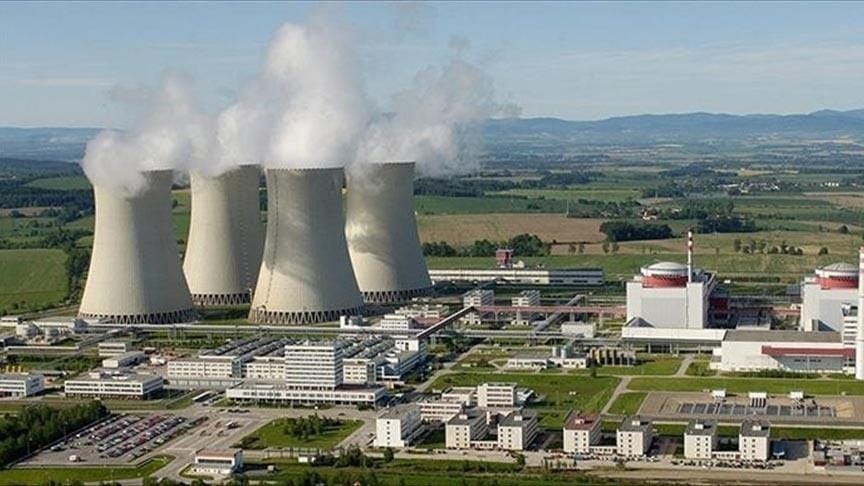Egypt has announced that it will continue consultations with Iran, the United States, and the International Atomic Energy Agency (IAEA) in a bid to help advance discussions surrounding Iran’s nuclear program, the Egyptian Foreign Ministry said on Saturday.
Foreign Minister Badr Abdelatty held separate telephone discussions with Iranian Foreign Minister Abbas Araghchi, US Middle East Envoy Steve Witkoff, and IAEA Director General Rafael Grossi, focusing on potential steps toward resolving the long-standing nuclear dispute.
According to the ministry, the exchanges took place as part of ongoing regional diplomatic efforts aimed at maintaining security, reducing tensions, and building on progress achieved following the Cairo Agreement signed between Tehran and the IAEA on September 9, 2025. That agreement, mediated by Egypt, restored cooperation between the two sides after months of suspension.
The conversations underlined the importance of confidence-building measures and de-escalation, with all parties agreeing on the need to create a favorable environment for reviving broader negotiations between Iran and the United States. The ultimate goal, officials said, is to reach a comprehensive and balanced agreement that ensures regional stability and addresses mutual concerns.
The ministry added that the parties will continue consultations and evaluate proposed ideas to achieve “a tangible breakthrough” on the matter.
The renewed engagement came shortly after Iran declared it is no longer bound by United Nations restrictions tied to its nuclear program. The move followed the expiration of UN Security Council Resolution 2231 on October 18, which had endorsed the 2015 nuclear accord between Tehran and world powers.
That deal, known as the Joint Comprehensive Plan of Action (JCPOA), sought to limit Iran’s nuclear activities in return for the lifting of international sanctions. However, tensions escalated after the United States unilaterally withdrew from the pact in 2018, prompting European countries — notably France, the United Kingdom, and Germany — to later activate the “snapback mechanism” to restore certain UN measures against Tehran.
While Iran maintains its nuclear program is for peaceful purposes, Western governments and Israel continue to express concerns that Tehran may be seeking the capability to produce nuclear weapons.



